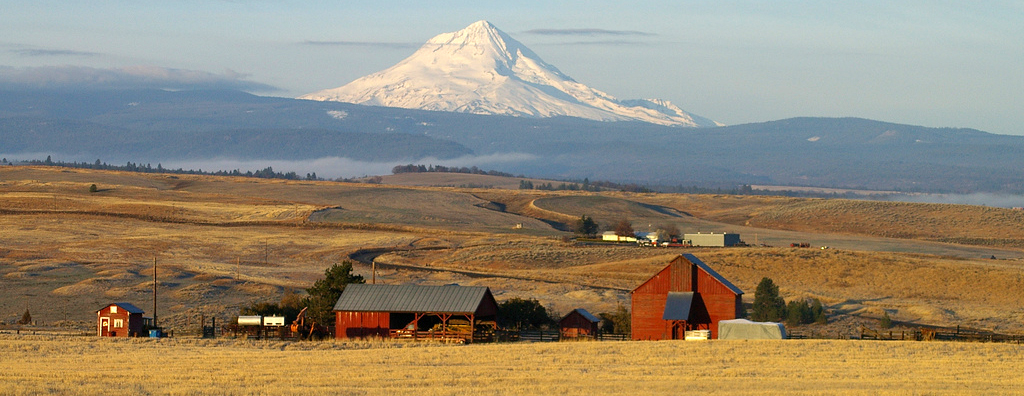
Impact and Opportunity for Emerging and Rural Communities
I was born in Africa. Poverty and efforts to deal with it were elements of my childhood in Zimbabwe and South Africa. Despite decades of aid pouring into our continent, those less fortunate than me continued their endless battle to survive.
When I moved to Portland in 2005 and became involved with the sustainability and climate movement, the stark divide between the urban metro of Portland and the rest of the state—which is mostly rural—became abundantly clear. In the instances of both Africa and Oregon, there has always been much discussion about what developed economies should be doing to support rural and emerging ones.
Today, the changing climate brings a heightened impact on emerging and rural economies, but also an amazing opportunity: actions taken now in those rural and developing communities will greatly help curb our emissions and improve sequestration.
In his opening speech at the 21st climate summit in Paris, President Obama said, “no nation large or small, wealthy or poor is immune to the impacts of climate change.” That may be true, but the ability to withstand the impact of a changing climate is felt most by the developing world. Furthermore, the divide between urban and rural is exacerbated when economic opportunity and resources are scarce in fragile rural populations.
A recent study published in the journal Nature indicates that without any action on climate change, our global economy could contract by 23% in 2100. The research found that changing climates would negatively impact hotter countries, which tend to be economically disadvantaged, and reduce the average income in the poorest 40% of countries by 75% in 2100.
Ahead of the Paris talks, more than 183 countries representing 94% of the greenhouse gas emissions on the planet have submitted their national plan to combat emissions. The main sectors covered by these national plans include energy, waste, agriculture, and LULUCF (land use, land-use change, and forestry). The common priority areas under these submitted plans address renewable energy, energy efficiency, transport, and land-use and forestry. In terms of climate adaptation, the biggest areas of focus included agriculture, ecosystems, forestry, and water. So the plans largely address key areas that are well within the domain of rural communities, which is excellent news.
However, much of these plans, especially in developing countries, rely on up to $1 trillion for investment in renewable energy, climate smart farming, and sustainable forestry. Such investment flows are yet to be identified, but there is certainly a galvanized commitment from country leaders to take action on carbon emissions and finance, especially in light of the fact that 2015 has been declared as the hottest year ever recorded.
On a local level, $0.50 of every dollar committed by The Climate Trust has been kept in state, and channeled to rural projects. We can expect the international flows of conservation investment to grow, as these national plans become a reality. We will begin to look at the market actors in agriculture, forestry, and renewable energy as pivotal in the fight to stabilize our climate.
We must count on the mobilization of conservation finance to have a positive impact on the rural communities that are bearing the brunt of a changing climate. It’s imperative for us to marshal the required resources. In the words of Christian Aid’s senior climate advisor, we must stop making “these communities the global ‘canaries in the coal mine’ and letting them suffer.”